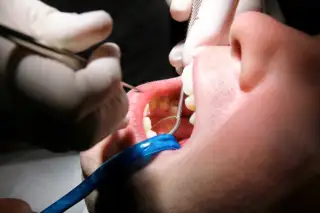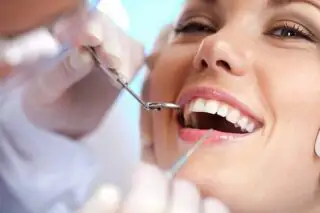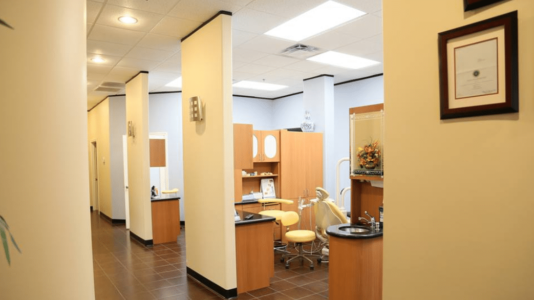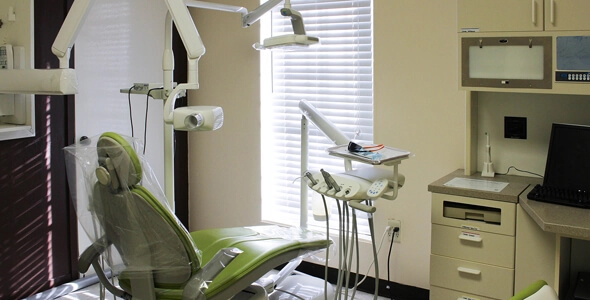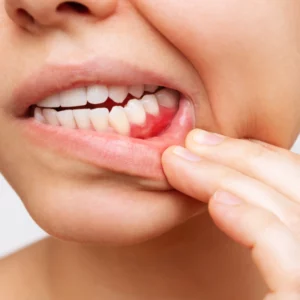According to the latest report by CDC (Centers for Disease Control and Prevention), U.S. has 47.2% of adults aged 30 years and older have some form of periodontal disease. Periodontal diseases are the bacterial infections and inflammation of the gums and bones that surround and support the teeth.
According to the best dentist near Houston, in the initial stage of gum inflammation, it can swell, turn red, and bleed. This stage is called gingivitis. The advanced stage of the same condition is known as periodontitis. This is where along with the initial symptoms the tooth can get uprooted and drifted from the gums, bones can weaken, and ultimately, the tooth might get lost or fall off. Apart from tooth decay, periodontal disease is among the most harmful threats to oral health and is commonly seen in adults.
What are the Causes of Periodontal Diseases?
Neglecting oral health and hygiene infects the tissue in the mouth, especially around the gums leads to the accumulation of bacteria. This causes inflammation and swelling resulting in periodontal disease. This bacteria build-up turns into plaque if remained for a long time on the teeth. If it hardens, it turns into tartar also known as calculus. It is challenging to clean the teeth at this stage as they could spread below the gum line. This calls for the best dentist in Houston TX to remove the calculus to put a stop to the damage.
What are the Warning Signs of Periodontal Diseases?
- You should get alert if you feel pain or discomfort while chewing.
- Spotting swelling or redness in gums.
- A peculiar, foul breath or bitter taste constantly causing discomfort.
- Loose and sensitive teeth.
- Gums feeling tender. If it also starts to bleed, it is a warning sign.
- Visibly receding gums.
- A painful change in the way partial dentures fit.
What are the Risk Factors Involved with Periodontal Disease?
- Hereditary often gets ignored. Instead, but should pay attention to the oral history of your family members so that you get a clear indication of whether or not you fall in the risk zone.
- Crooked teeth are another major factor that results in periodontal disease as this leads to bacterial infection.
- Poor oral hygiene can increase the risk for periodontal disease. Lack of dental hygiene would make the gums prone to bacteria. This requires the best dental care.
- Did you know stress is also among the major factors that could result in periodontal disease? Although there may not be a direct link it could eventually lead to other causes leading to periodontal diseases.
- Any kind of underlying immune deficiencies like AIDS
What does Periodontal Maintenance mean?
It is a routine deep cleaning procedure to halt the deterioration of periodontal disease and gingivitis. It is done for the following reasons-
- Removing calculus and plaque build-up.
- Simply to get rid of the foul, constant bad breath or halitosis caused due to periodontal disease.
- For a confident, pearly white smile. Removal of unsightly stains.
What does Periodontal Maintenance Include?
The prophylaxis begins with general anesthesia if the condition is severe or else a regular dental visit would do. In most cases, to protect the lungs from harmful bacteria, an endotracheal tube is placed in the throat.
The process is performed in the following stages-
- Supragingival cleaning- Calculus, and plaque is removed with the help of scaling tools and thoroughly cleaned.
- Subgingival cleaning – This step is significant for the ones suffering from periodontal disease. As the area beneath the gum line and gum pockets are cleaned and bacteria/ tartar are removed.
- Root planing – This step is carried out to ensure there are no signs of remaining bacteria. The tooth root is smoothened to eliminate sources of extreme damage.
- Medication- Following the above steps, to ease the pain and discomfort, an antibiotic cream is applied to the gum pockets. Antimicrobial creams are used to speed up healing.
- X-ray and assessment- This is a follow-up examination to detect affected areas that need immediate attention.
Periodontal cleaning vs Regular cleaning: Should you be concerned?
There is a difference and, in most cases, regular cleaning is suggested to avoid periodontal maintenance. While regular cleaning is a mere routine preventive care, periodontal cleaning, also known as deep cleaning includes regular cleaning or prophylaxis.
Deep cleaning would always include regular cleaning in the process. However, it is not the other way around. Regular cleaning is important to only maintain your oral health and the only way it remains effective is when you never miss an appointment. Periodontal maintenance or cleaning is applicable only when you have periodontal disease or lack good oral health.
Oral health calls for utmost care and precautions. Make sure to schedule appointments at a dental care Houston for regular cleaning and periodontal maintenance by the best dentist in Houston TX.



